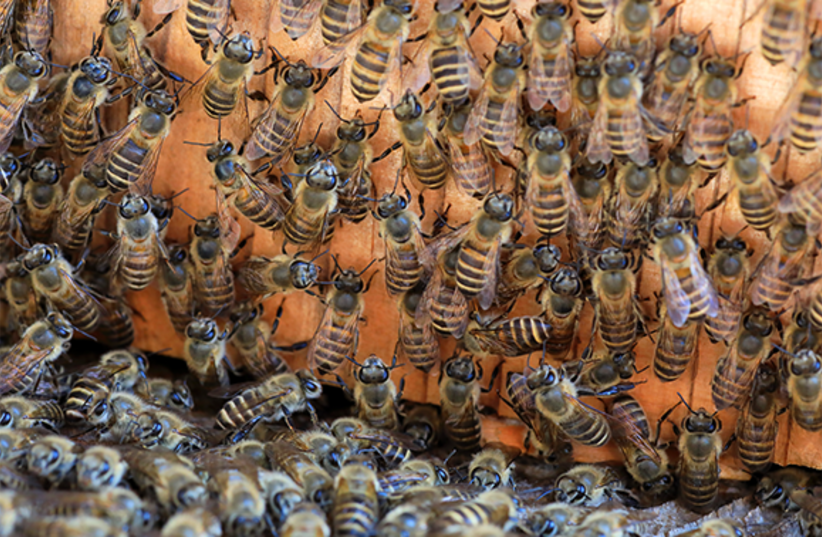Talk about a buzzkill.
The effects of climate change could be devastating for bumblebees, as altered seasonal weather changes could cause the bees to wake up from hibernation early, a new study has found.
The findings of this study were published in the peer-reviewed academic journal Biological Conservation and present some stinging news regarding the damage climate change can wreck on bumblebees and, by extension, global agriculture.
<br>You should "bee" afraid of climate change
Bumblebees may not be producers of honey like their more popular cousins, the honeybees, but they serve an extremely important role in the ecosystem as being pollinators.

Pollenating is necessary for the spread of many types of plants. As such, they play a major role in agriculture, as well as food production, with a large percentage of food crops relying on bee pollination.
But climate change can spell bad news for these bees.
Bumblebees hibernate during the winter and wake up during the spring. This is important because they will have access to pollen and nectar from plants for food to survive.
But what if bumblebees wake up too early? Unfortunately, the odds don't look too good for them, as they won't have access to the food they need without spring flowers.
And with climate change, that's going to be a bigger issue.
<br>Wake up, busy bee
The researchers behind the study at the University of Ottawa in Canada were able to study the variations in when different bumblebee species emerged from hibernation.
This was done by going through databases of different bees in museum collections throughout North America.
The factor that seemed to link these early bumblebee emergences was the climate. This is because climate change can possibly lead to an early start to spring, which would make the bumblebees wake up before the food is available.
<br>Climate change's effects on other species: Going "bee-yond" bumblebees
But bumblebees aren't the only animal species that could be affected by climate change.
There are several other species who hibernate and rely on the seasons to wake up with access to food, including other pollinator species.
This study provides a roadmap to evaluate the impact climate change can have in cases like this.
The Environment and Climate Change portal is produced in cooperation with the Goldman Sonnenfeldt School of Sustainability and Climate Change at Ben-Gurion University of the Negev. The Jerusalem Post maintains all editorial decisions related to the content.
